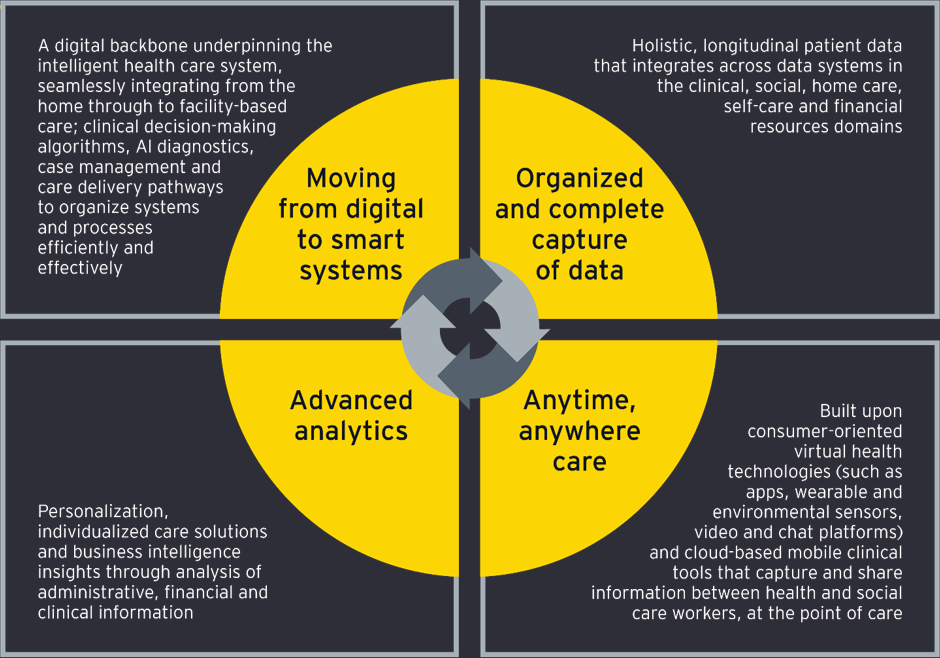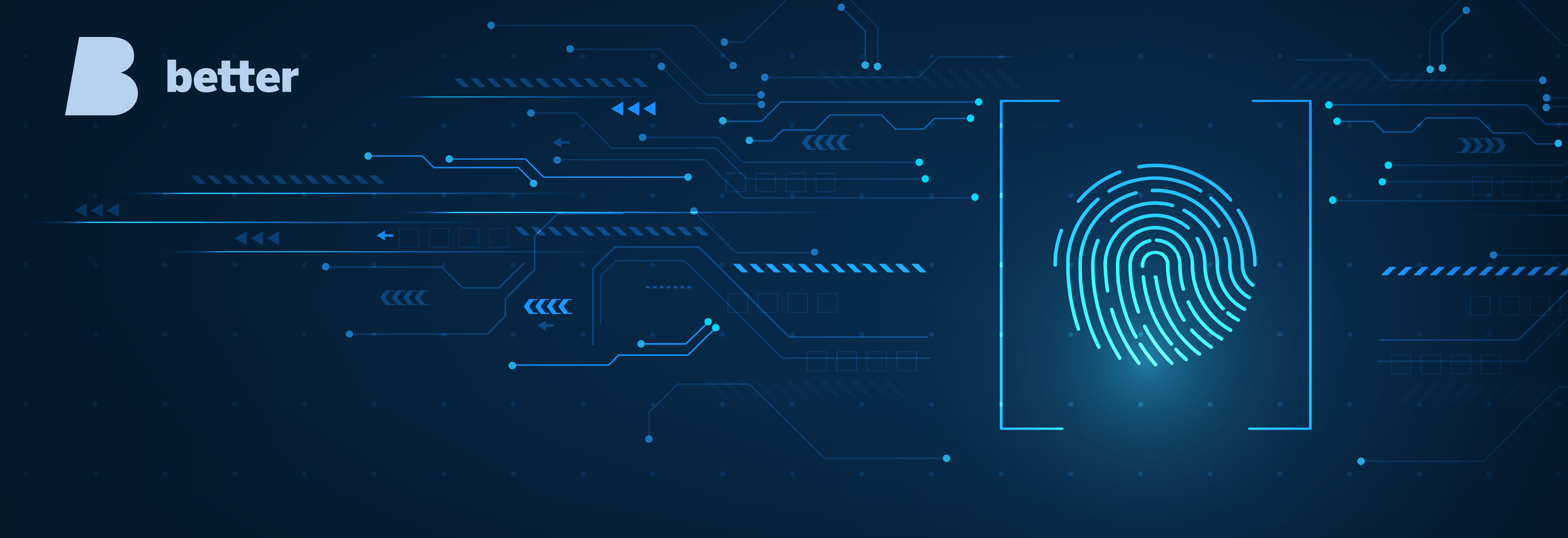Unlocking the Power of Data
Healthcare organisations are constantly under pressure to improve patient flow, reduce patient risk, and deliver better patient care. The COVID-19 crisis has further increased the need to change the models of care, which are now moving beyond hospital walls and are taking place at home or in the community. To support the needs of health and care models, the current approach to digital technology also needs to change.
As Aloha McBride explains*, the change in models of care will cause a stream of new personal data, including behavioural, environmental, and social, all of which will need to be integrated with clinical data. In her opinion, the challenge will be to make the data useful and liquid enough to move across the ecosystem. That is why the data needs to be stored and governed independently of the applications that created it.
In order to better connect health and social data, McBride argues for system-level infrastructure which is focused on three aspects:
- safe clinical care
- appropriate automation of clinical and back‑office operations
- delivery of personalised care and prevention
However, this will not require abandoning existing IT solutions. Instead, they will be integrated into a part of a broader data ecosystem which is being built around the needs of the individual.

Graphic source: Aloha McBride: How will you design a health information architecture to unlock the power of data? A presentation given at the openEHR Digital Event, 24 November 2020.
To achieve this, the open platform environment offers a strong foundation to connect and share data at scale and safely, with permissions and access defined by the right users and according to their needs. McBride describes the optimal environment of platforms, where there is a separation of the content and technology and vendor-independence, so the elements of the ecosystem can work together in a modular fashion and be less constrained by traditional legacy systems. In the short term, platform-based systems and traditional EHRs will coexist by maintaining basic functionality in legacy systems, while also building and innovating in a platform-based environment.
If you would like to learn more about creating the right data environment for a connected health ecosystem, take a look at the presentation How will you design a health information architecture to unlock the power of data? by Aloha McBride, EY Global Health Leader, at the openEHR 2020 Digital Event: DATA FOR LIFE.
In her presentation you will learn more about:
- changes in models of care and how they affect health data
- why an IT architecture has to be built in layers
- how to match the new flexible infrastructure with existing core systems
- what governments, public institutions, and private systems need to do to advance interoperability and establish smart health systems
Her presentation was part of a session titled Trends in healthcare IT that also featured the following:
- Digital Health and the Electronic Health Record – Strategies and Experiences towards a Comprehensive Digital Health Ecosystem by Dr Oliver Heinze, Acting Director, Department of Medical Information Systems, University Hospital Heidelberg, Germany, who discussed the strategies and solutions needed to move towards an integrated and fully interoperable digital health ecosystem for healthcare and biomedical research.
- Sharing! by Eric Gorouben, CTO, PRIeSM / INESIA, who described the extent to which the common openEHR structuring, beyond questions of inter-operability or intra-operability, offers innovative opportunities.
- The Finnish Steps towards an Open Ecosystem by Hanna Pohjonen, openEHR Ambassador in Finland & eHealth management consultant at Rosaldo Oy, who described Finland’s path towards an open and modular healthcare ecosystem which is benefiting from openEHR.
* Aloha McBride: How will you design a health information architecture to unlock the power of data? A presentation given at the openEHR Digital Event, 24 November 2020.
